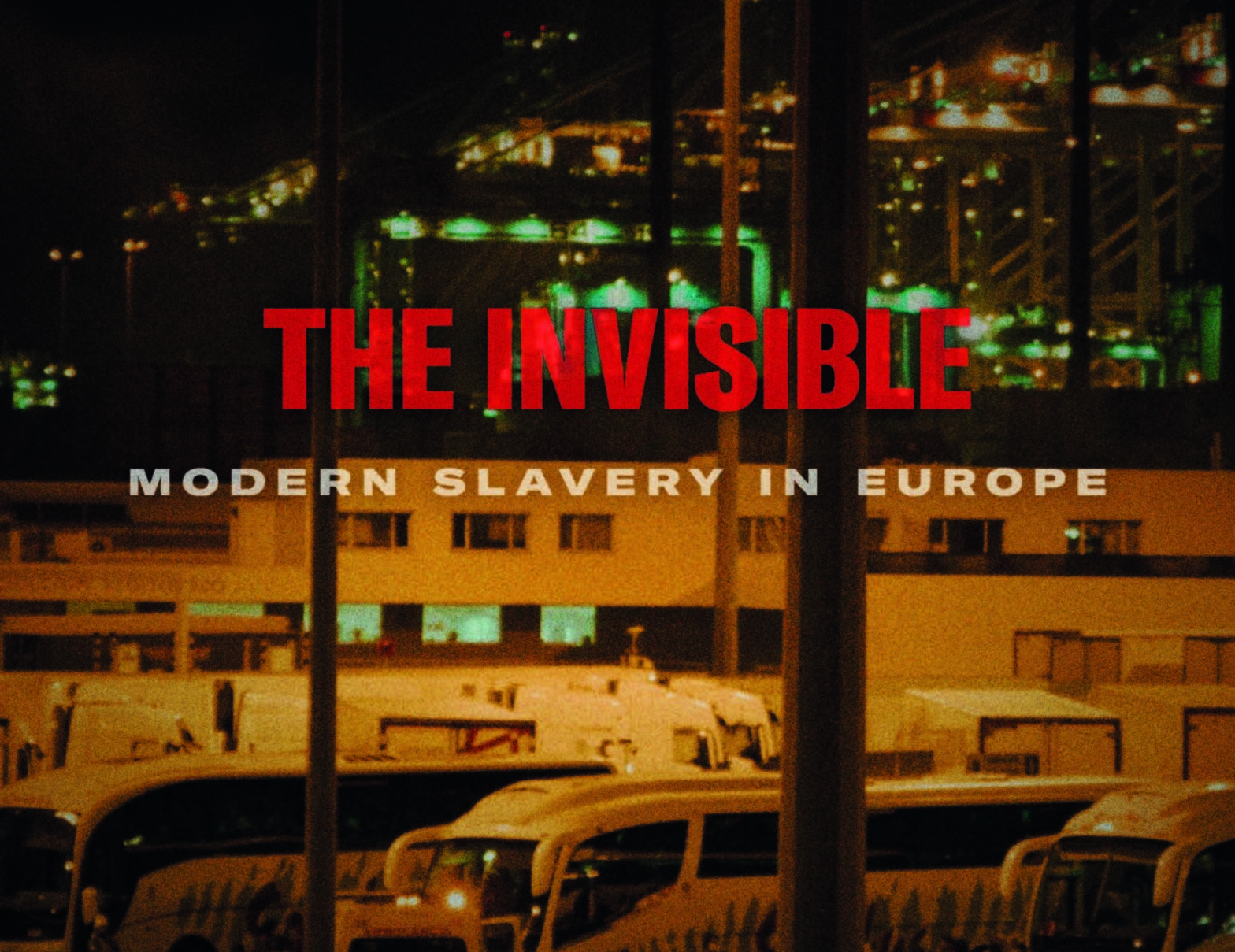Share Twitter Facebook Email Copy URL
A reader on the “Atlas of the Stateless”

Authors:
Stephanie DeGooyer, Erin Daily and James R. May, Ulrike Lauerhaß and Eva Wuchold, Rachid Boutayeb
This reader brings together a number of articles on statelessness that deal with this human rights problem from a philosophical and practical-political perspective. The texts complement the geographically oriented Atlas of the Stateless.
The reader is available in English, German and French.
Content
Rethinking birthright
In the United States, two powerful myths – a person’s birthplace and their ancestry – are the basis of citizenship, of being an American. For immigrants, though, U.S. citizenship law is fraught with injustices and dangers.
By Stephanie DeGooyer
The foundation of all rights
Dignity is the inherent equal worth of every person, everywhere. It travels with us everywhere we go. It cannot be lost. Dignity demands that, no matter what, everyone should be treated as a person.
By Erin Daily and James R. May
Protecting the vulnerable
The rights to life, liberty and personal security mean little if you have nothing to live on. Social security includes unemployment benefits, health insurance, pensions, as well as access to housing, education and clean water. It is the state’s duty to ensure stateless people have these. It is in society’s own interest too.
By Ulrike Lauerhaß and Eva Wuchold
The idea of belonging
Western culture contains strands of cold rationalism that regards relationships as business transactions, as well as inwardlooking localism that places the homeland on a pedestal but views outsiders with xenophobic suspicion. These are unsuited to modern society where people from many backgrounds find themselves living as neighbours. Instead, we need an ethic that welcomes strangers.
By Rachid Boutayeb



